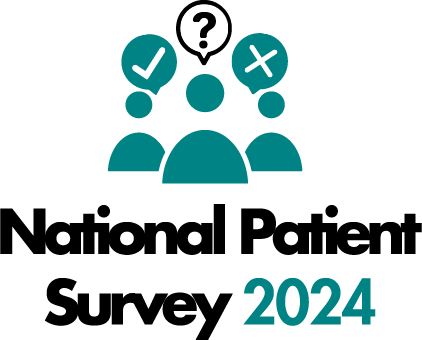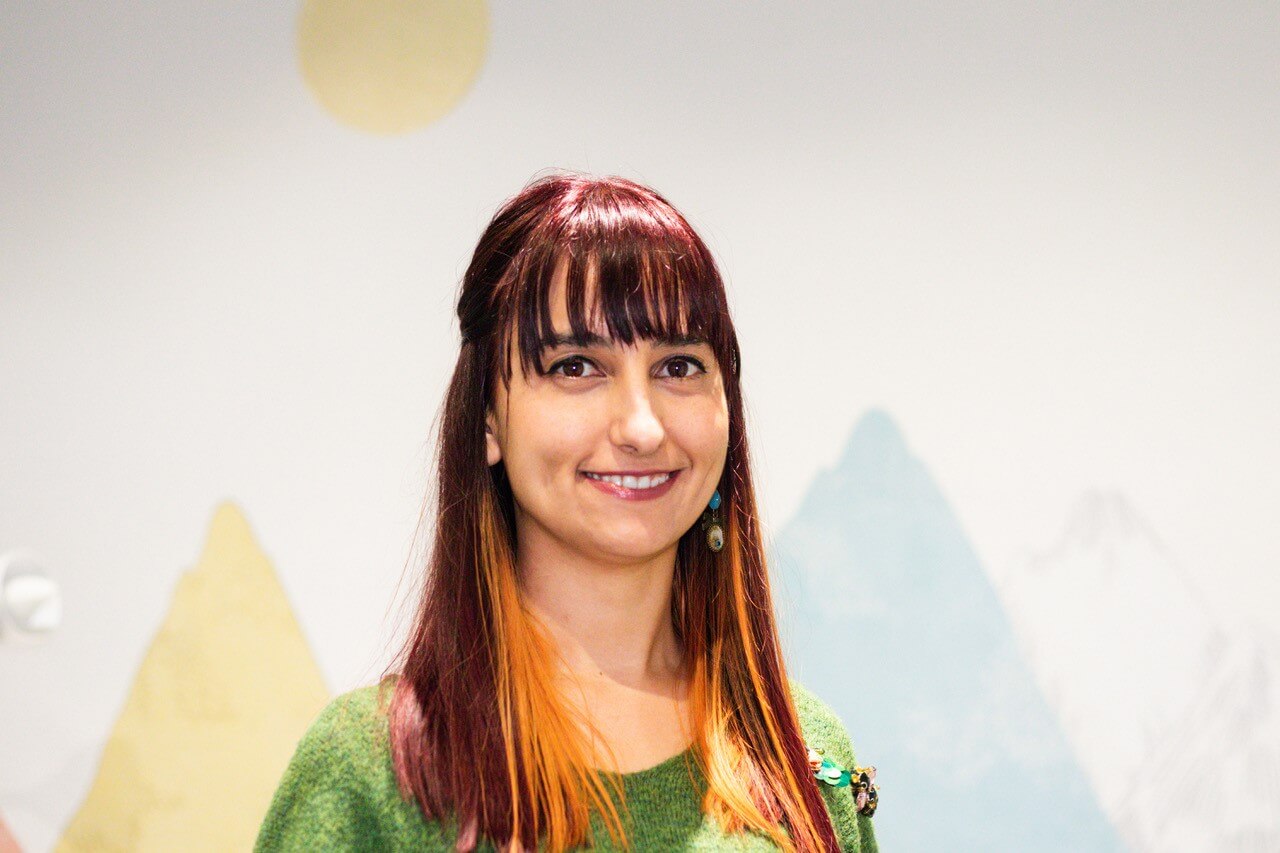 Our National Patient Survey 2024 report is now live. Thank you to all those that shared their experiences. Read our report here.
Our National Patient Survey 2024 report is now live. Thank you to all those that shared their experiences. Read our report here.Fertility treatment: the forgotten partner
In this blog, Andreia, a former fertility patient and member of the Patient Engagement Forum, talks about the struggles of the partner during fertility treatment. Andreia shares her and her husband’s experience as well as detailing more generalised issues regarding male infertility.
Despite being fairly common, male infertility is a taboo subject. In fact, a survey by Fertility Network UK has shown that men diagnosed with infertility feel emasculated and suffer from poor mental health. However, there is little support and treatments are so focused on the partner who will carry the pregnancy, that men (and other partners) often feel left out of the treatment process.
It isn’t true that older men are more fertile than older women. In fact, fertility in men declines with age, contrary to popular belief. The difference here is that what we see in the media, are older men having children with younger women. If those same men tried to conceive with someone older or of similar age to them, it would be likely that conception would take longer, and the risk of malformations and miscarriage increased. That said, nobody tells men that they are “running out of time” or they are approaching their “expiry date” as they do to women.
The process of fertility treatments itself is extremely focused on women. This might be because there is only so much that can be done to treat male infertility: lifestyle changes (that may or may not help), sperm donors or perhaps the use of intracytoplasmic sperm injection (ICSI). On the other hand, female infertility factors are varied and range in cause. So, there is also a variety of treatments available for female infertility that are simply not possible for men.
Due to this, the process of fertility treatments is very focused on the partner who can get pregnant. Most of the physical and mental toll of fertility treatments is on the woman, it will be mostly the woman organising and attending medical appointments. Meaning their partner is left out of a huge part of the process.
There is only one thing required of men undergoing fertility treatment: to provide the sperm sample. And that is if the couple is not using a sperm donor. This means that men are excluded or set aside from most of this process and have reported feeling very unsupported throughout. This was only made worse with the COVID-19 pandemic, when fertility clinics worldwide closed, and partners stopped being allowed for any procedure. Two years after the start of the pandemic, I had to go through a complicated embryo transfer alone and take a photograph of a screen, while my husband waited in the car park.
In the years of infertility, not one healthcare professional or counsellor asked how my husband felt, despite continually asking me. The whole process was focused on how I felt and what I was going through, with little thought about how the partner might be feeling.
My husband, just like me, is very open about our infertility. He was open about it at work and with friends, and has no issue talking about it or what it means. However, talking about feelings is a little different and I don’t think he has been comfortable sharing that with anyone apart from me, so far.
Even after pregnancy happens, there is little thought of the partner, even if miscarriage occurs. We should not relegate the role of the partner solely to that of support. Men will grieve pregnancy loss and suffer the loss itself, and see their partner go through the emotional and physical burden of pregnancy loss.
Fertility treatment can be an emotional rollercoaster so getting support from people who can relate to what you’re going through is very important. This page will help you understand the different types of support available and how to find them.
You can read more about Andreia’s experience on her blog at: craftyscientist.co.uk.

Andreia is a Portuguese scientist living in Wales. She was a cancer researcher and now teaches in the medical undergraduate degree at Cardiff University. She and her partner have suffered with infertility and loss since 2016 and she has advocated for better infertility support at work in recent years.
Review date: 29 November 2025

